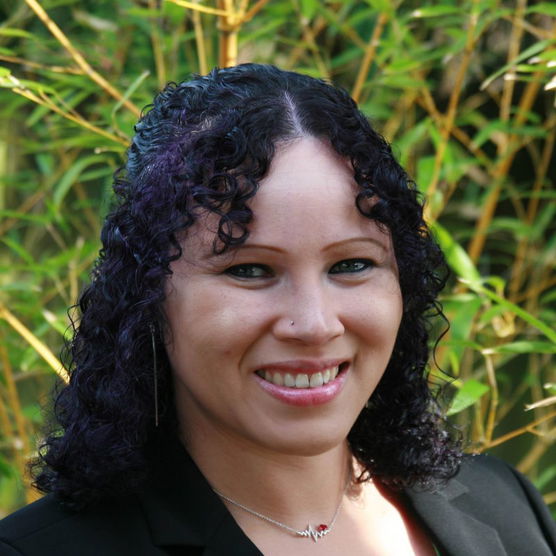Want to make the world work better? Industrial engineering is all about improving how people, technology, and systems work together. You'll learn to design smarter solutions, boost efficiency, and solve real-world problems in industries that urgently need your skills. Industrial engineering is an extension of data science, statistics, and systems thinking, areas where Willamette has deep expertise. This “liberal arts of engineering” gives students broad problem-solving skills paired with rigorous technical training.
Why choose Industrial Engineering at Willamette?
- Small school quality, big school impact. Learn from faculty experts in a small classroom setting. Gain hands-on experience through labs, simulations, industry-style projects, and your senior capstone. You’ll also find close mentorship from faculty and dedicated academic support through the QUAD center.
- An engineering degree powered by the liberal arts. Willamette engineers learn to design efficient, ethical, human-centered systems. Our interdisciplinary model blends engineering, math, data, and the social sciences. You’ll build systems and understand the people, policies, and behaviors that shape them.
- A “future proof” role with strong career outcomes. Industrial engineering consistently has one of the lowest unemployment rates of any major. Early career salaries match or exceed many other engineering disciplines, and demand continues to rise. Whether you pursue certification (like Six Sigma) or enter a fast-growing field, your opportunities are wide open.







